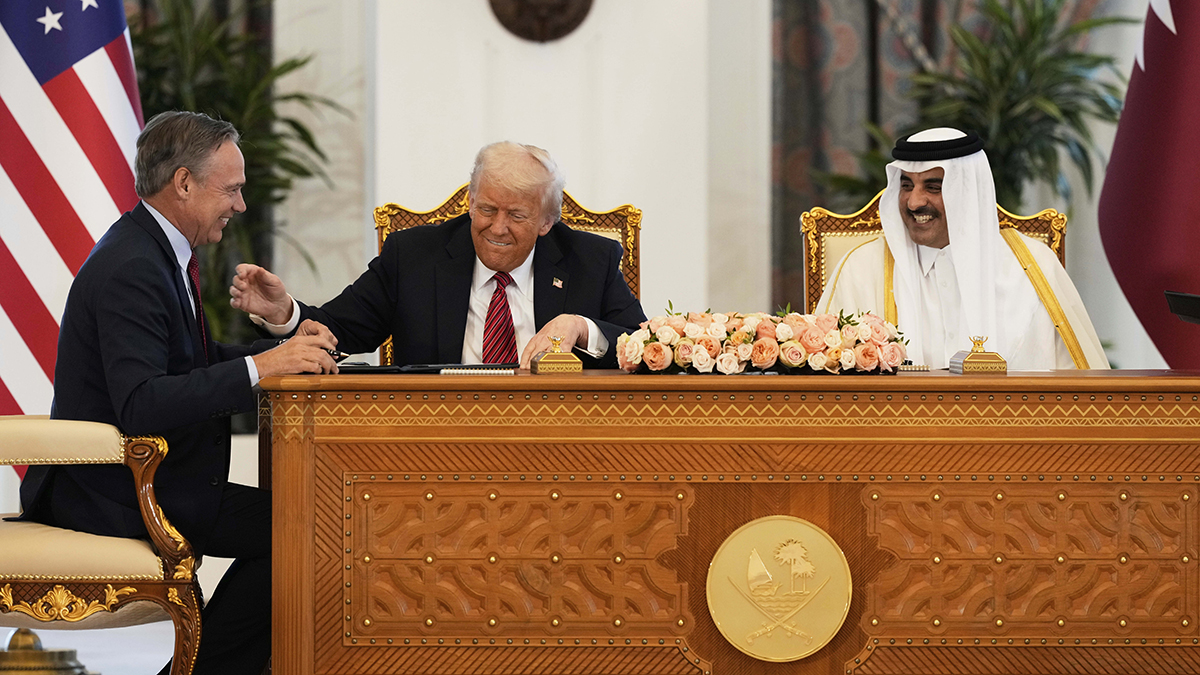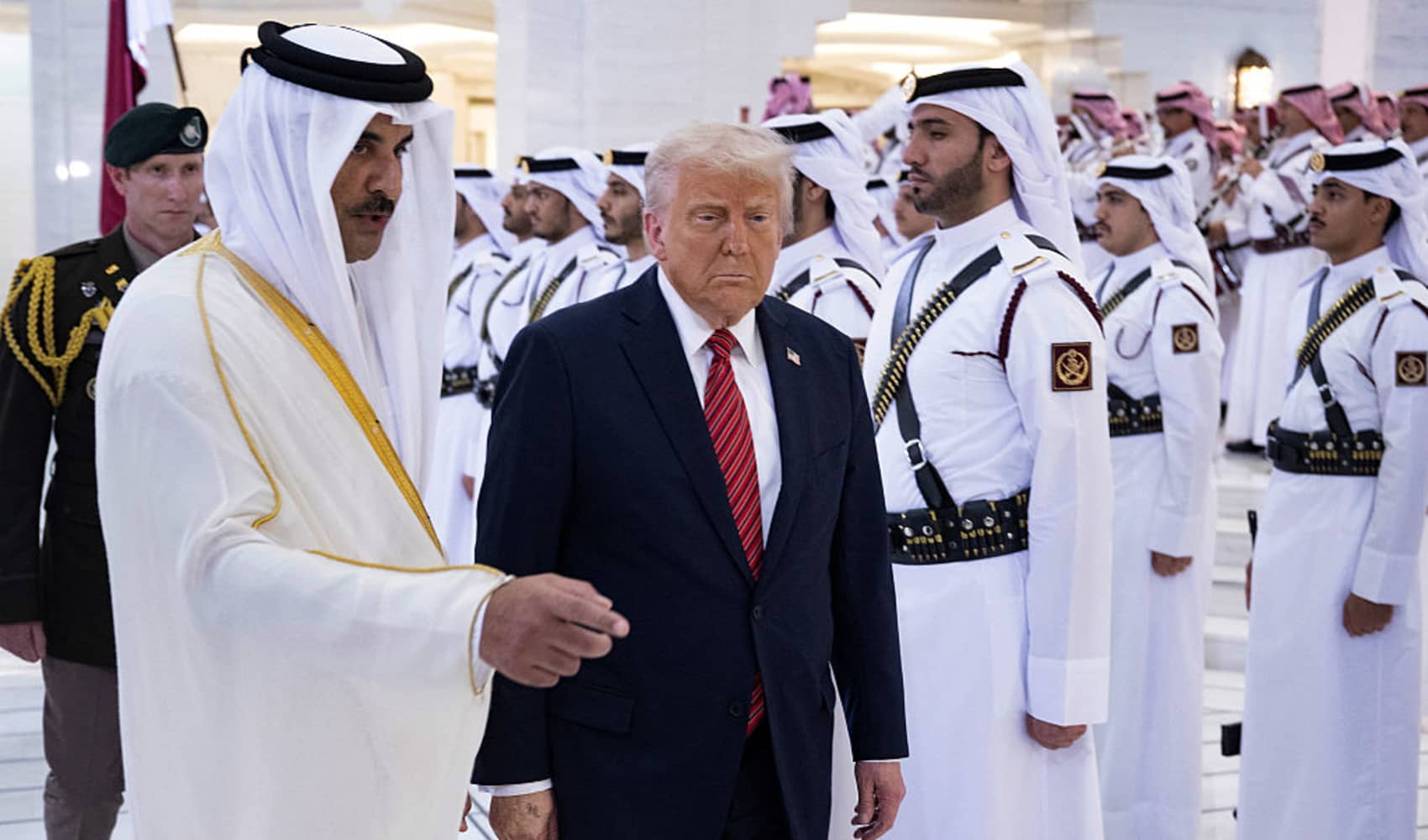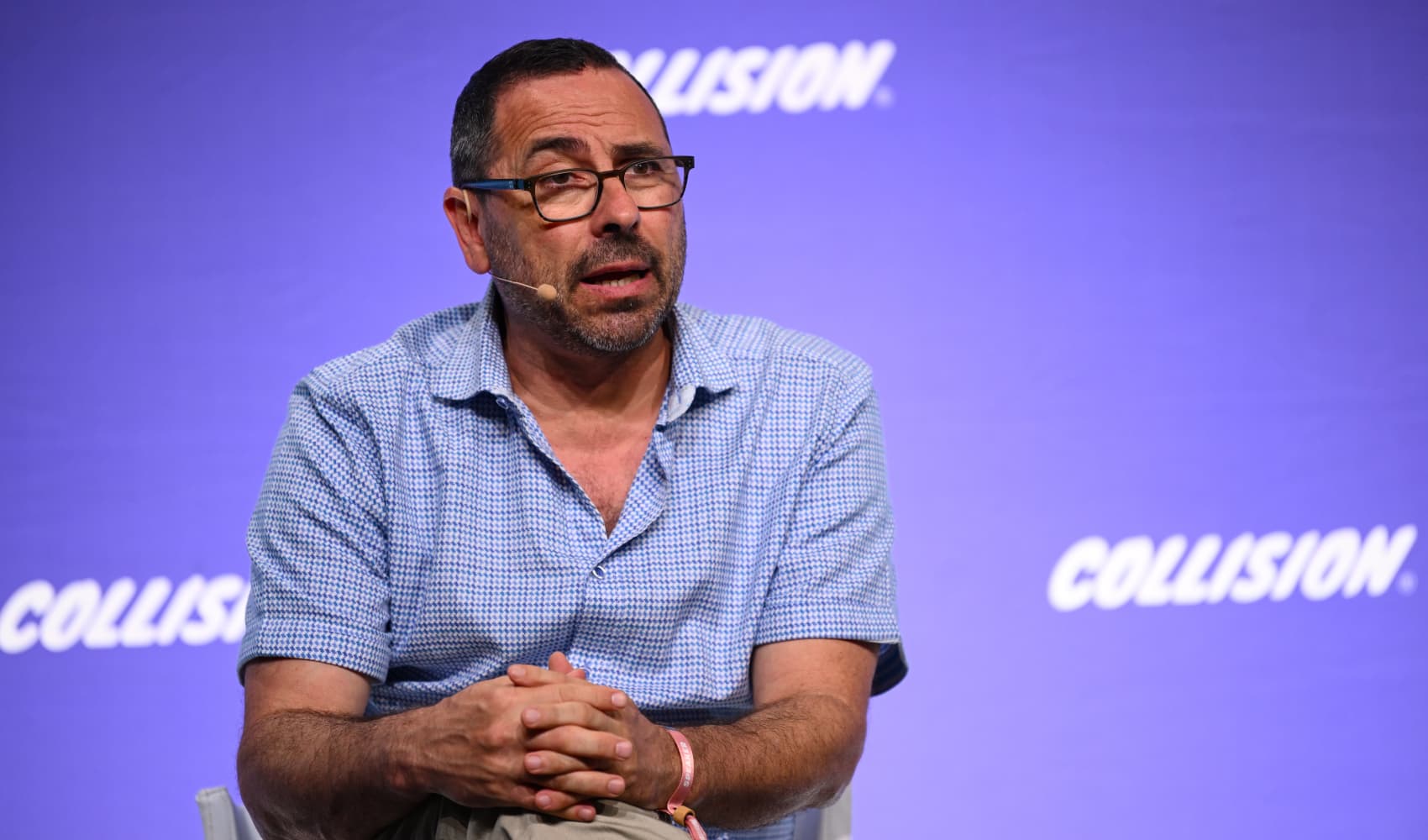Disney to Build Theme Park in Abu Dhabi: Everything You Need to Know
Dreams Do Come True: Disney Announces 7th Theme Park in the UAE!
A Whole New World: Disney Heads to Abu Dhabi
Get ready to pack your bags, Disney fans! The House of Mouse just dropped a bombshell: they're building their seventh theme park! And guess where it's going? The United Arab Emirates, specifically Abu Dhabi! Yes, you read that right. Forget flying to Orlando, California, Paris, Tokyo, Hong Kong, or Shanghai. Soon, you'll be able to experience Disney magic in the Middle East.
This isn't just some rumor mill chatter, either. Disney officially announced this exciting new venture, partnering with Miral, a prominent Abu Dhabi developer. So, what can we expect from this desert dream come true? Let's dive into the details!
Yas Island: The Future Home of Disney Magic
The chosen location? None other than Yas Island, a burgeoning entertainment hub on the outskirts of Abu Dhabi city. Yas Island is already home to Formula One’s Abu Dhabi Grand Prix, Ferrari World, Warner Bros. World Abu Dhabi, SeaWorld Abu Dhabi, and a massive waterpark. Adding a Disney park to the mix is like putting the cherry on top of an already delicious sundae!
Why Yas Island? Well, its strategic location is a major factor. Abu Dhabi, along with neighboring Dubai, sees a staggering 120 million airline passengers passing through each year. That’s a massive pool of potential visitors just waiting to experience the Disney magic. Think about it: layovers just got a whole lot more magical!
Why Abu Dhabi? More Than Just Skyscrapers
For years, Dubai has been known for its glitz, glamour, and vibrant nightlife. But Abu Dhabi? It's always been perceived as a bit more...reserved. More buttoned-up, if you will. But that's changing!
Abu Dhabi is quickly transforming into a cultural powerhouse. The Louvre Abu Dhabi is already a major draw, and several more museums are currently under construction. This mix of entertainment and culture is what makes Abu Dhabi such an appealing destination for a wide range of travelers. It's not just about thrill rides; it's about enriching experiences.
Capitalizing on Connectivity: A Strategic Move
Disney and Miral aren't just throwing a dart at a map. This is a calculated, strategic move. The UAE’s geographical location makes it a natural hub for global travel. Connecting Europe, Asia, and Africa, it's a perfect stopover destination for millions of people. By establishing a presence in Abu Dhabi, Disney is tapping into a massive, underserved market. It's like setting up shop at the world's busiest intersection.
What Can We Expect From a Desert Disney Park?
Okay, so we know where it's going and why. But what about the park itself? What kind of attractions can we expect? What themes will be incorporated?
Potential Themes and Attractions
This is where the speculation begins! While Disney hasn't released any official details about the park's theme, we can make some educated guesses. Given the location, it's likely that the park will incorporate Middle Eastern themes and stories. Imagine Aladdin's Agrabah brought to life, or a thrilling ride inspired by the tales of Sinbad the Sailor. The possibilities are endless!
- Agrabah: A fully immersive land based on Aladdin, complete with a bustling marketplace, a flying carpet ride, and a mesmerizing show featuring Genie.
- Sinbad's Voyage: A thrilling water-based adventure that takes guests on a journey through the legendary sailor's most daring voyages.
- Arabian Nights Spectacular: A dazzling nighttime spectacular featuring stunning visuals, pyrotechnics, and music inspired by Arabian folklore.
The Latest Technology and Innovation
Knowing Disney, the Abu Dhabi park will be packed with the latest and greatest technology. Think state-of-the-art animatronics, immersive experiences, and groundbreaking ride systems. This won't just be a theme park; it will be a glimpse into the future of entertainment.
Beyond the Theme Park: A Full-Scale Resort
Don't expect just a single theme park. Disney's vision likely extends to a full-scale resort, complete with hotels, restaurants, shopping, and entertainment. This will be a destination where visitors can spend days, or even weeks, immersed in the Disney experience.
Luxury Accommodations
Imagine staying in a lavishly decorated hotel inspired by Arabian palaces, complete with stunning views of the desert landscape. Or perhaps a more modern, futuristic hotel that showcases the cutting-edge technology of the region.
World-Class Dining
From traditional Emirati cuisine to international flavors, the resort's restaurants will offer a culinary journey around the world. Expect themed dining experiences that transport you to different lands and cultures.
Entertainment for All Ages
Beyond the theme park, the resort will offer a wide range of entertainment options, including live shows, water parks, and recreational activities. There will be something for everyone, regardless of age or interest.
Competition and Collaboration: A Win-Win for the Region
Yas Island is already a major entertainment destination. Adding a Disney park to the mix will only strengthen its appeal. While there will be competition between the various attractions, there will also be opportunities for collaboration. Think joint marketing campaigns, bundled ticket packages, and cross-promotional events. Ultimately, the entire region will benefit from the increased tourism and economic activity.
The Impact on the Local Economy
The construction and operation of a Disney theme park will create thousands of jobs, boosting the local economy. From construction workers and engineers to park employees and hotel staff, the opportunities will be vast. This is a major investment in the future of Abu Dhabi and the UAE.
Addressing Concerns: Sustainability and Cultural Sensitivity
Building a massive theme park in the desert raises concerns about sustainability and environmental impact. Disney will need to address these concerns head-on, implementing eco-friendly practices and minimizing its carbon footprint.
Cultural sensitivity will also be crucial. Disney must respect local customs and traditions, ensuring that the park is inclusive and welcoming to all visitors.
Eco-Friendly Initiatives
Expect to see renewable energy sources, water conservation measures, and waste reduction programs implemented throughout the park and resort.
Cultural Authenticity
Disney will need to work closely with local communities to ensure that the park accurately and respectfully reflects the culture of the region.
When Can We Expect to Visit?
The million-dollar question: when will this magical desert oasis open its gates? While Disney hasn't announced an official opening date, industry experts estimate that it could take anywhere from 5 to 7 years to complete the project. So, start saving your pennies now, because a trip to Disney Abu Dhabi is definitely going to be an investment!
Is This the Future of Theme Parks?
Disney's decision to build a park in Abu Dhabi signals a shift in the theme park landscape. It's a recognition that the world is becoming increasingly interconnected and that there's a growing demand for entertainment experiences in new and emerging markets. Could this be the first of many international expansions for Disney and other major theme park operators?
The Magic of Disney: Spreading Across the Globe
Ultimately, the arrival of Disney in Abu Dhabi is a testament to the enduring power of the Disney brand. It's a symbol of hope, joy, and the belief that dreams can come true, no matter where you are in the world. Get ready, Abu Dhabi! The magic is coming your way!
Conclusion: A New Chapter for Disney and the UAE
Disney's announcement to build its seventh theme park in Abu Dhabi marks a significant moment for both the entertainment giant and the United Arab Emirates. This strategic move capitalizes on Abu Dhabi's growing cultural scene, its connectivity to global travel, and the immense popularity of the Disney brand. While many details remain to be seen, the promise of a new, immersive Disney experience in the Middle East is undoubtedly exciting. Get ready for a whole new world of magic!
Frequently Asked Questions
- Where exactly will the Disney park be located in the UAE?
The park will be built on Yas Island, a major entertainment hub on the outskirts of Abu Dhabi city.
- What types of attractions can we expect to see at the new Disney park?
While details are still under wraps, expect a blend of classic Disney themes and stories with elements inspired by Middle Eastern culture and folklore.
- When is the expected opening date for the Abu Dhabi Disney park?
No official date has been announced, but industry experts estimate it could take 5-7 years to complete the project.
- Will the park be environmentally friendly and culturally sensitive?
Disney is expected to implement eco-friendly initiatives and work closely with local communities to ensure cultural authenticity and respect for local traditions.
- Besides the theme park, what else can we expect to see at the Disney resort in Abu Dhabi?
The resort will likely include luxury hotels, world-class dining options, and a variety of entertainment activities for all ages, creating a complete destination experience.



